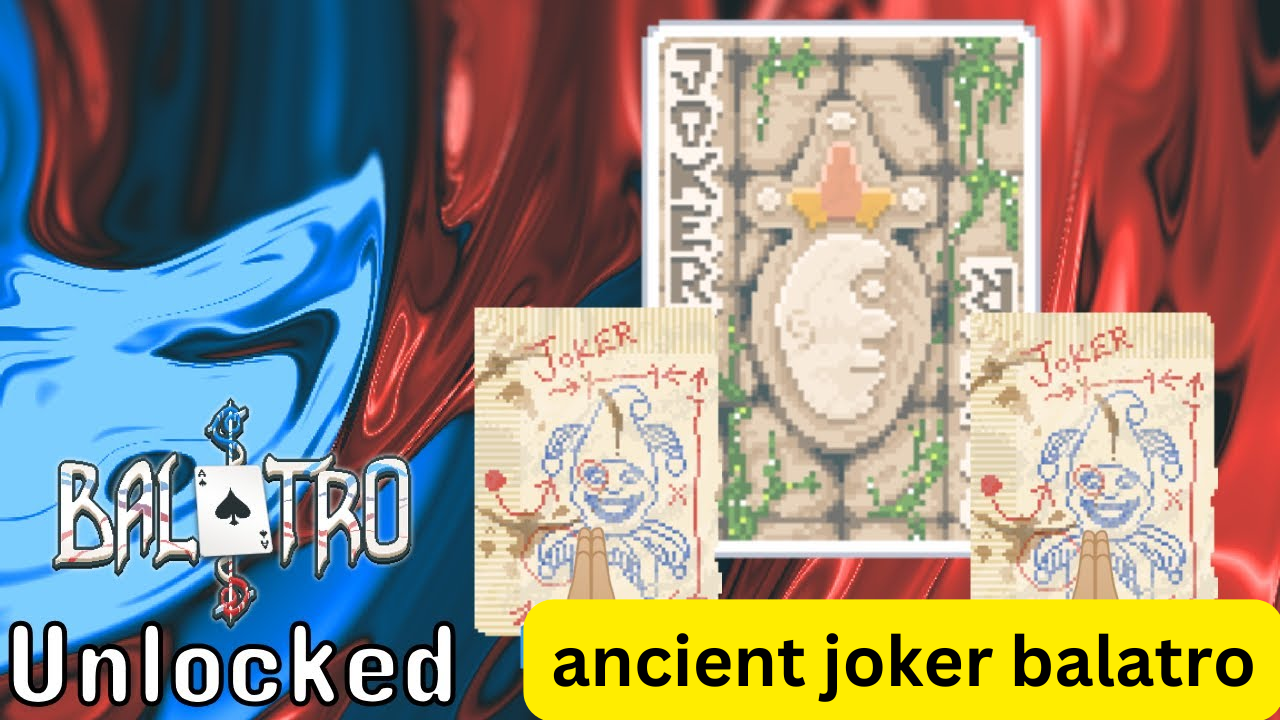The ancient joker Balatro has captivated the imaginations of scholars, historians, and enthusiasts for centuries. This enigmatic figure, whose origins trace back to early civilizations, symbolizes a complex blend of myth, mystery, and tradition. This article delves into the depths of Balatro’s history, significance, and the impact he has had on various cultures throughout time.
Balatro: Origins and Mythological Background
Balatro, a term often shrouded in ambiguity, has roots that extend deep into the ancient mythological tapestry. Historically, the name “Balatro” is derived from Latin, where it means “jester” or “clown.” This association with jesters and their role in ancient societies highlights the character’s multifaceted nature.
In Roman antiquity, jesters were not mere entertainers; they were pivotal in the socio-political landscape. They wielded the power of satire and wit, often using humor to critique the establishment. Balatro, in this context, represents a figure who bridged the gap between the ordinary and the extraordinary, the mundane and the divine.
The Role of Balatro in Ancient Cultures
Balatro in Roman Society
In ancient Rome, the role of the jester was both revered and feared. Balatro, embodying this role, was more than a simple performer; he was an agent of social commentary. Through humor, Balatro could challenge social norms and highlight the follies of the powerful, making him a crucial figure in maintaining a delicate balance within Roman society.
Balatro and the Medieval Traditions
Moving forward to the medieval period, the figure of Balatro evolved but retained its core essence. During this time, jesters became a staple of royal courts, providing entertainment while also serving as advisors. The medieval jester, much like his ancient counterpart, used humor and cleverness to navigate and influence the courts’ politics and decisions.
Balatro in Renaissance Art and Literature
The Renaissance period saw a resurgence in interest in classical themes, and Balatro was no exception. Artists and writers of this era embraced the character, often portraying him in literary works and artworks. The jesters of the Renaissance were not just entertainers but were seen as symbols of intellectual freedom and the ability to speak truth to power.
Balatro’s Symbolic Significance
The Jester as a Symbol of Wisdom
Contrary to the conventional view of jesters as mere buffoons, Balatro symbolizes wisdom and insight. The ability to blend humor with profound observations allowed him to convey truths that might otherwise be dismissed. This duality of humor and wisdom made Balatro a figure of significant philosophical and intellectual importance.
Balatro and the Concept of Foolishness
The notion of foolishness in the context of Balatro is complex. On one hand, the character represents the archetype of the fool who sees through the illusions of power and societal norms. On the other hand, this foolishness is a form of strategic intelligence, used to navigate and critique the complexities of life and politics.
The Legacy of Balatro: Influence and Modern Interpretations
Balatro in Modern Culture
In contemporary times, the legacy of Balatro endures through various forms of media and entertainment. The archetype of the jester has influenced modern comedians, satirists, and political commentators. By examining these modern interpretations, we can see how the essence of Balatro continues to shape our understanding of humor, critique, and societal norms.
The Impact of Balatro on Literature and Arts
Balatro’s influence extends into literature and the arts, where the archetype of the jester has been reimagined and reinterpreted. From Shakespearean plays to modern films, the character’s essence is evident in the way writers and artists explore themes of truth, deception, and societal critique.
Conclusion: The Timeless Appeal of Balatro
The figure of Balatro transcends time and culture, embodying the complex interplay of humor, wisdom, and societal critique. His role as an ancient joker is not merely a historical curiosity but a symbol of the enduring power of satire and insight. As we continue to explore and reinterpret Balatro’s legacy, we gain a deeper appreciation for the ways in which humor and wisdom intersect to reflect and challenge our world.
